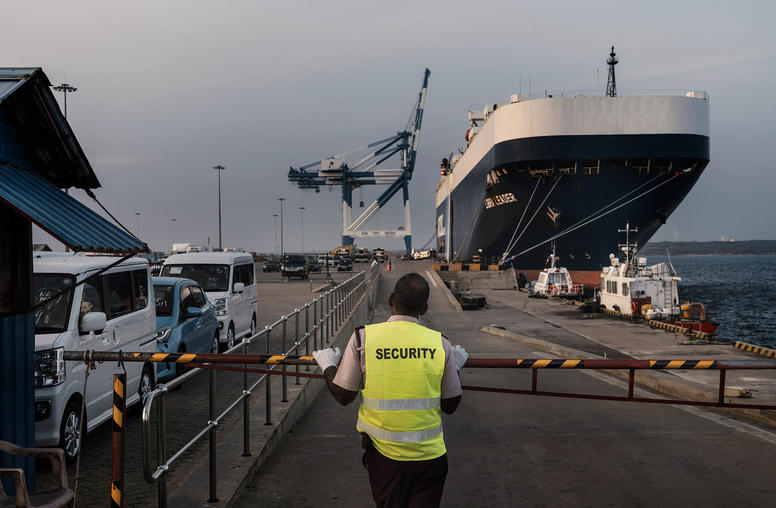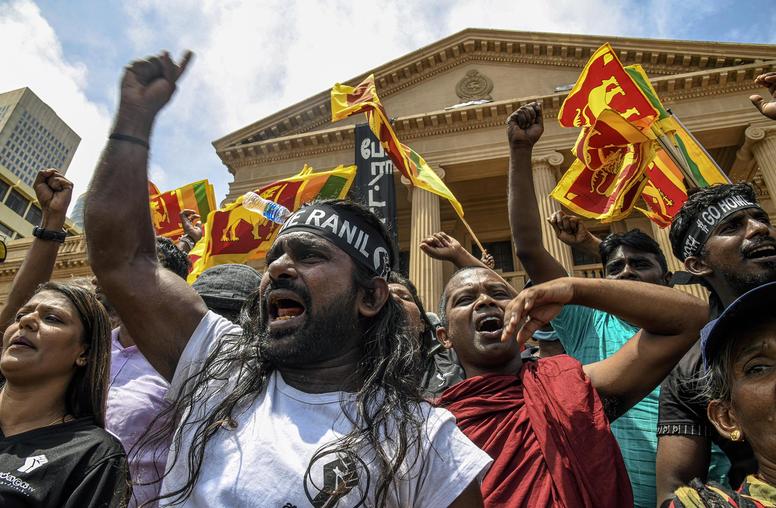What's Next for Sri Lanka?
Read the event coverageWith the resignation of President Gotabaya Rajapaksa and an economy on the verge of collapse, Sri Lanka faces perhaps its worst crisis since independence in 1948. The aftershocks of the 2018 Easter Bombings, the COVID-19 pandemic and the global fallout from the Russian invasion of Ukraine — compounded by the Rajapaksa administration’s gross economic mismanagement and high levels of external debt — have left what was once one of South Asia’s most promising economies reliant on foreign aid to import necessities like food and fuel. As Sri Lanka’s parliament prepares to elect a new president and the Janatha Aragalaya (People’s Struggle) movement looks to the future, where does Sri Lanka go from here?
On July 25, USIP hosted a discussion on what’s next for Sri Lanka — from reforming the constitution to lessen the power of the presidency to finalizing a deal with the International Monetary Fund and Sri Lanka’s creditors to secure relief to the immediate economic crisis. The conversation also touched on how the United States, India, China and other international actors are addressing Sri Lanka’s crisis.
Continue the conversation on Twitter using #SriLankaUSIP.
Speakers
Amb. Prasad Kariyawasam
Former Foreign Secretary and Former Ambassador of Sri Lanka to the United States
Bhavani Fonseka
Senior Researcher, Centre for Policy Alternatives
Akhil Bery
Director of South Asia Initiatives, Asia Society Policy Institute
Ambika Satkunanathan
Former Commissioner of the Human Rights Commission of Sri Lanka
Tamanna Salikuddin, moderator
Director, South Asia Programs, U.S. Institute of Peace



